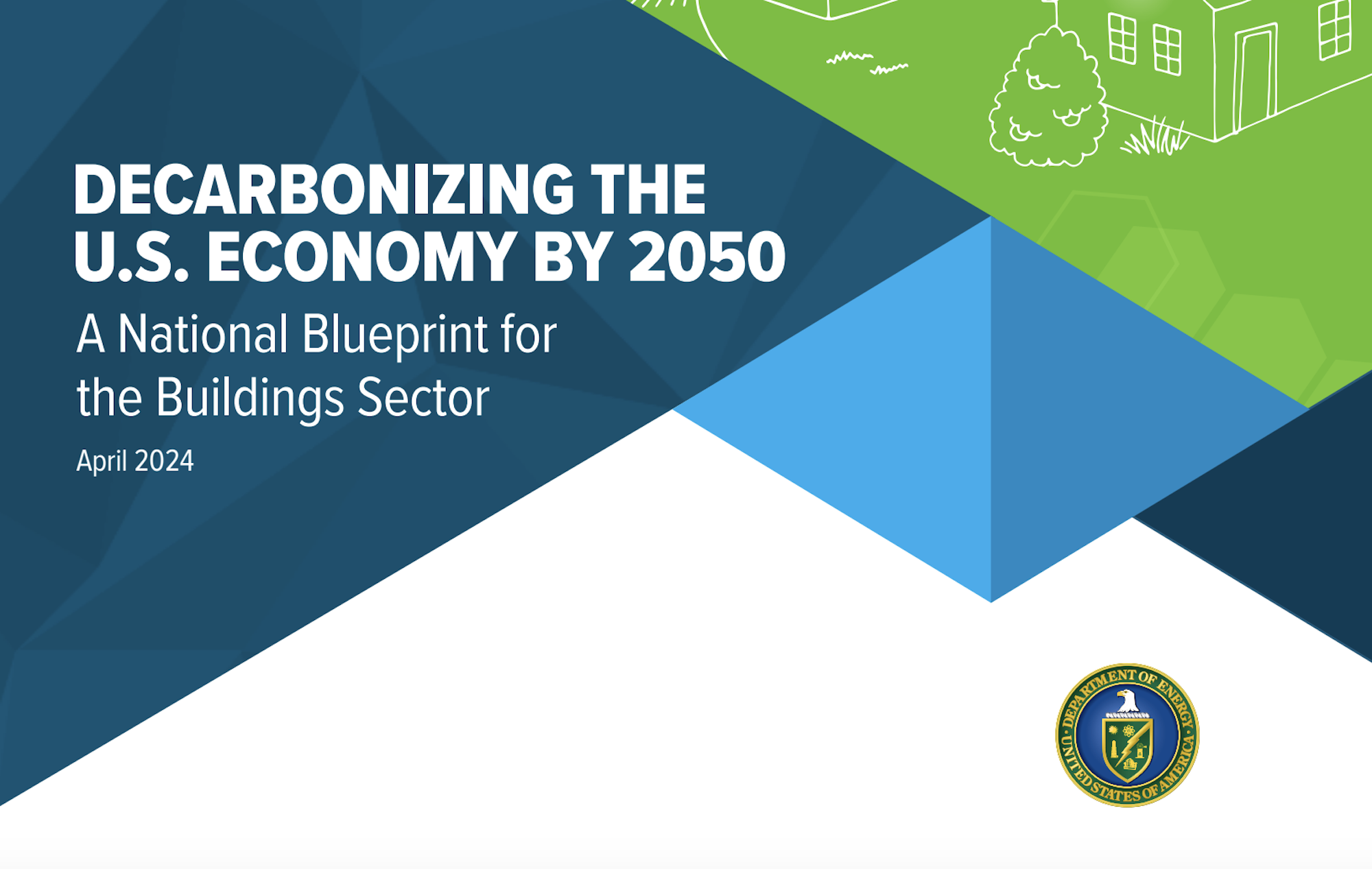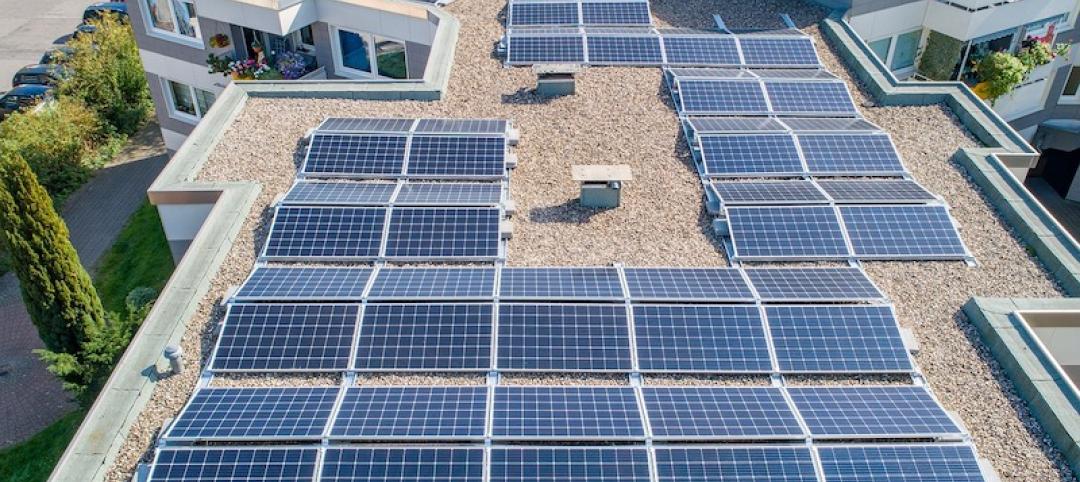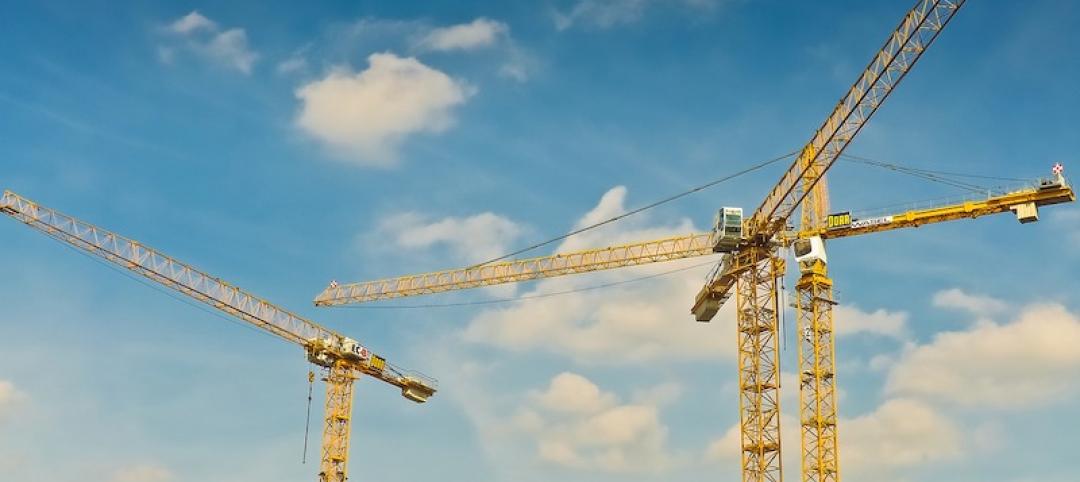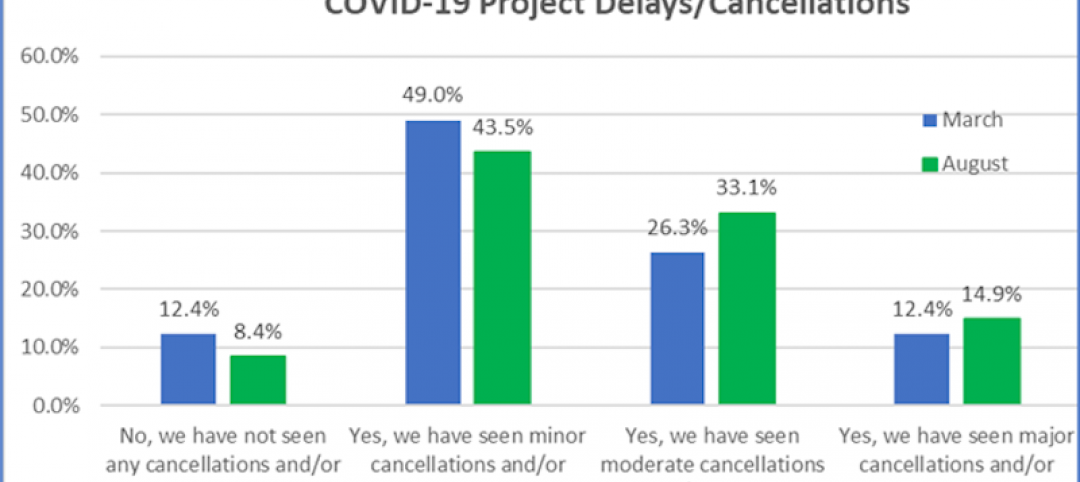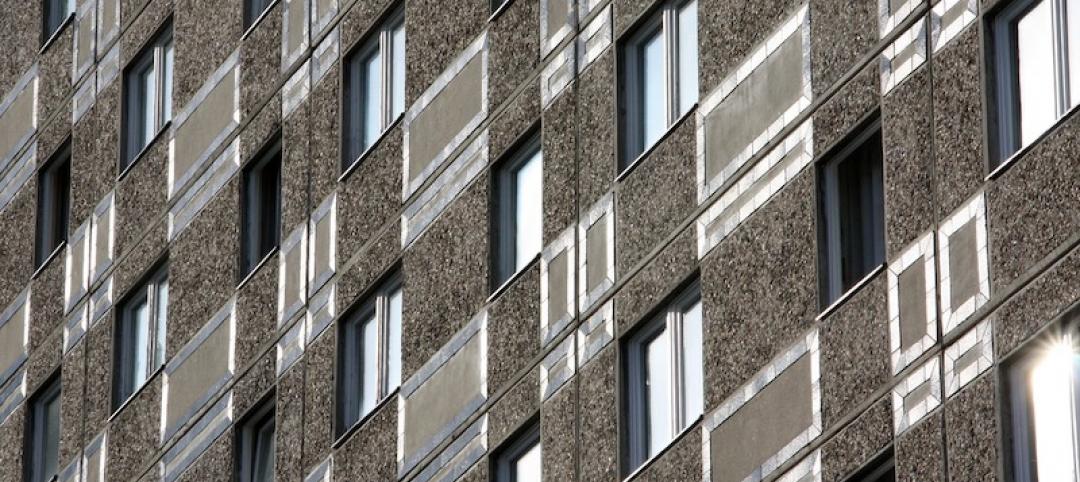The Biden Administration recently released “Decarbonizing the U.S. Economy by 2050: A National Blueprint for the Buildings Sector,” a comprehensive plan to reduce greenhouse-gas (GHG) emissions from buildings by 65% by 2035 and 90% by 2050.
The Blueprint is the first sector-wide strategy for building decarbonization developed by the federal government. It outlines ways to reduce energy in homes, schools, and workplaces.
To reach the emissions reduction targets for the buildings sector, the Blueprint sets four strategic objectives:
• Increasing building energy efficiency
• Accelerating onsite emissions reductions
• Transforming the interactions between buildings and the electricity grid
• Minimizing the emissions from producing, transporting, installing, and disposing of building materials
Each objective has specific performance targets and market, policy, and technology milestones to reach by 2035 and 2050. Meeting these targets will require accelerated deployment of a wide range of decarbonization and energy efficiency technologies. The Blueprint outlines coordinated federal actions that can increase the speed and scale of solutions deployments. Those actions include funding research and development to develop lower-cost technologies, expanding markets for low-carbon technologies, providing direct funding and financing, and supporting the development and implementation of emissions-reducing building codes and appliance standards.
The Department of Energy, a key player in the administration’s decarbonization drive, is focused on building innovations in three pivotal areas: building upgrades, efficient electrification, and smart controls.
Related Stories
Adaptive Reuse | Oct 26, 2020
Mall property redevelopments could result in dramatic property value drops
Retail conversions to fulfillment centers, apartments, schools, or medical offices could cut values 60% to 90%.
Codes and Standards | Oct 26, 2020
New seismic provisions for the National Earthquake Hazards Reduction Program released
The provisions present a set of recommended improvements to the ASCE/SEI 7-16 Standard.
Codes and Standards | Oct 22, 2020
More than 130 building projects have engaged LEED’s Safety First Credits in response to COVID-19
Best practices helping companies develop and measure healthy, sustainable, and resilient reopening efforts.
Codes and Standards | Oct 21, 2020
New technologies and techniques can ‘future-proof’ buildings
Net-zero principles may give buildings longer lives.
Codes and Standards | Oct 20, 2020
Updated AIA Contractor’s Qualification Statement and Warranty Bond documents available
Statement now includes safety protocols and plans, sustainability, and BIM experience.
Codes and Standards | Oct 19, 2020
NEXT Coalition chooses five pilot projects to fight COVID-19 on jobsites
Mobile platforms, wearable sensors, AI video systems among the trial solutions.
Codes and Standards | Oct 15, 2020
Neighborhoods Now offers cost-effective, DIY designs in response to COVID-19 pandemic
Designs include barriers for outdoor dining, sidewalk retail displays, and modular seating for public spaces.
Codes and Standards | Oct 14, 2020
Standard contract document for prefab and modular building released
ConsensusDocs addresses the most common prefabricated construction use-case scenario.
Codes and Standards | Oct 13, 2020
Austin is first major Texas city to adopt wildfire code
New ordinance based on the International Wildland-Urban Interface Code.
Codes and Standards | Oct 12, 2020
Guidance offered for K-12 schools to support students with asthma
Green purchasing policies for cleaning, filters, furniture and other products encouraged.


